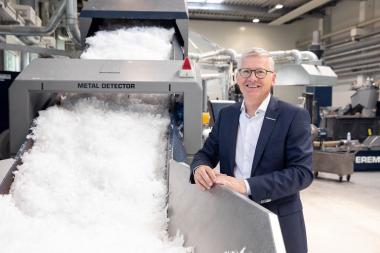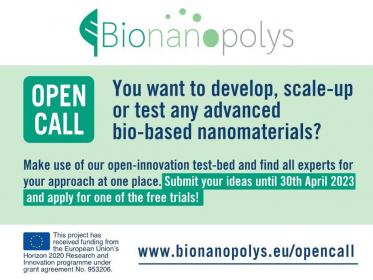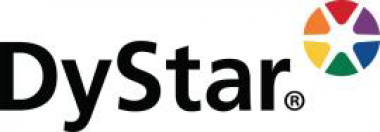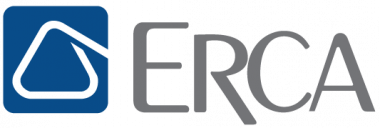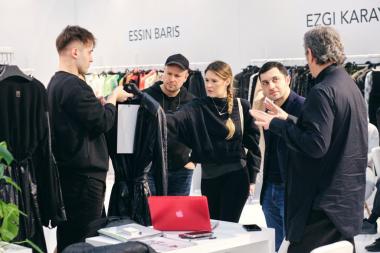AkzoNobel publishes results for Q1 2023
Highlights Q1 2023 (compared with Q1 2022)
- Revenue up 5% and up 8% in constant currencies1
- Pricing up 7%, more than offsetting increase of raw material and freight costs
- Volumes 3% lower; Europe showing resilience, China rebounding
- Operating income at €182 million (2022: €232 million); adjusted operating income2 at €218 million (2022: €230 million); ROS3 at 8.2% (2022: 9.1%)
- Net cash from operating activities negative €50 million (2022: negative €102 million)
- Intended acquisition of Chinese Decorative Paints business from Sherwin-Williams announced in April 2023; completion expected in the second half of 2023
2023 Outlook
AkzoNobel expects the ongoing macro-economic uncertainties to continue and weigh on organic volume growth. The company will focus on margin management, cost reduction, working capital normalization and de-leveraging.
Cost reduction programs are expected to mitigate the ongoing pressure from inflation in operating expenses for 2023. AkzoNobel expects declining raw material costs to have a favorable impact on profitability.
Based on current market conditions, AkzoNobel targets to deliver €1.2 to €1.5 billion adjusted EBITDA.
The company aims to lower its leverage ratio to less than 3.4 times net debt/EBITDA, including the impact of the Kansai Paint Africa acquisition, by the end of 2023 and return to around 2 times post-2023.
Akzo Nobel N.V.





